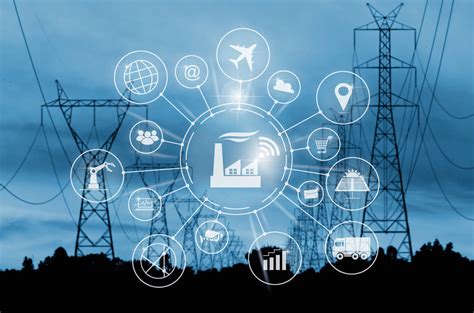什么是新能源工程技术人员
```html
Understanding New Energy Engineering Technology
New energy engineering technology refers to the interdisciplinary field that focuses on the development, utilization, and management of renewable energy sources and innovative technologies to address the growing energy demand while minimizing environmental impact. This domain encompasses various sectors such as renewable energy generation, energy storage, distribution, and energy efficiency.
Renewable energy sources are resources that are naturally replenished on a human timescale and can be utilized without depleting them. Some common examples include:
- Solar Energy: Utilizes photovoltaic panels or concentrated solar power systems to convert sunlight into electricity.
- Wind Energy: Harnesses the kinetic energy of wind using wind turbines to generate electricity.
- Hydropower: Generates electricity by harnessing the gravitational force of flowing or falling water.
- Biomass: Utilizes organic materials such as wood, agricultural residues, or waste to produce heat or electricity.
- Geothermal Energy: Utilizes heat from the Earth's core to generate electricity or for heating purposes.
One of the significant challenges with renewable energy sources is their intermittency, as they are dependent on factors such as weather conditions or time of day. Energy storage technologies play a crucial role in mitigating this issue by storing excess energy generated during peak production periods for use during times of low production. Common energy storage technologies include:
- Batteries: Lithiumion batteries are widely used for storing electricity generated from renewable sources such as solar or wind.
- PumpedStorage Hydroelectricity: Stores energy by pumping water to a higher elevation reservoir during times of low demand and releasing it through turbines to generate electricity during peak demand.
- Hydrogen Storage: Electrolysis is used to produce hydrogen from water using excess electricity, which can then be stored and used in fuel cells to generate electricity when needed.
New energy engineering also involves integrating renewable energy sources into existing energy grids and optimizing distribution systems to ensure efficient and reliable supply. This includes:
- Smart Grids: Incorporating advanced communication and control technologies to monitor and manage electricity supply and demand in realtime.
- GridScale Energy Storage: Implementing largescale energy storage systems at gridlevel to provide stability and support renewable energy integration.
- Distributed Generation: Encouraging the adoption of smallscale renewable energy systems at the local level to reduce transmission losses and enhance grid resilience.

Besides focusing on renewable energy generation, new energy engineering also emphasizes energy efficiency and management practices to minimize energy wastage and optimize resource utilization. This includes:
- EnergyEfficient Technologies: Implementing energyefficient appliances, lighting systems, and building designs to reduce energy consumption.
- Energy Audits: Assessing energy usage patterns and identifying opportunities for improvement in residential, commercial, and industrial settings.
- DemandSide Management: Implementing strategies to shift energy usage away from peak demand periods through incentives, pricing mechanisms, and load shedding.
Overall, new energy engineering technology plays a pivotal role in transitioning towards a sustainable energy future by harnessing the potential of renewable resources, improving energy efficiency, and reducing greenhouse gas emissions.
